Oleophobic hydrophobic magnetic sponge selectively soaks up oil, sparing water and wildlife
Green Car Congress
MAY 29, 2020
A Northwestern Engineering-led team has developed a highly porous smart sponge that selectively soaks up oil in water. With an ability to absorb more than 30 times its weight in oil, the sponge could be used to clean up oil spills inexpensively and efficiently without harming marine life.

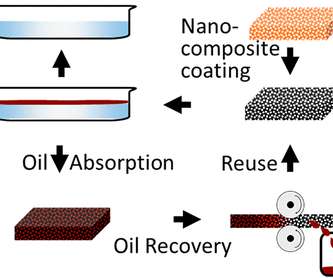







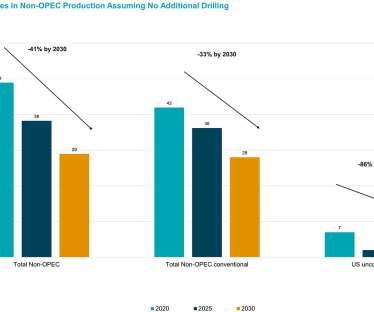
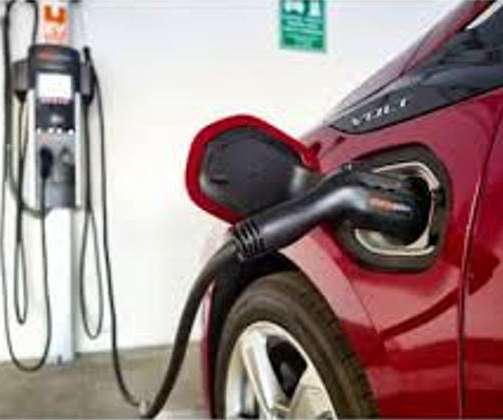


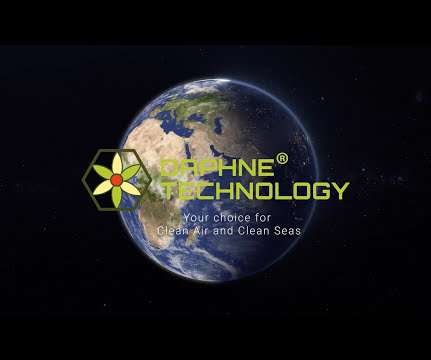
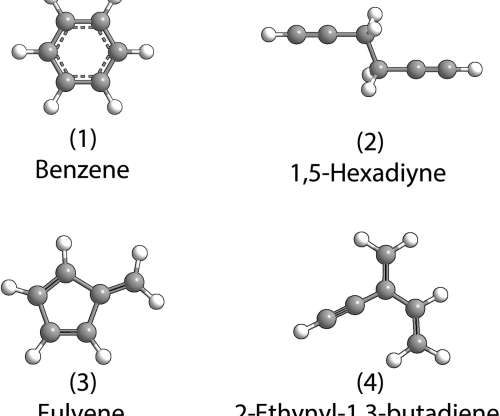

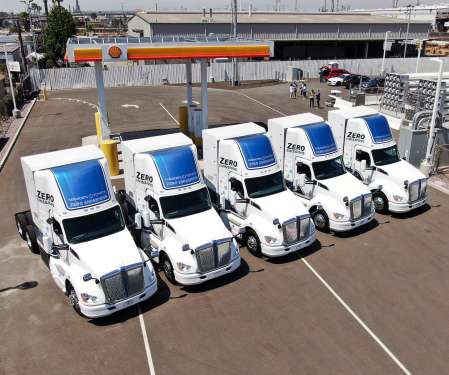




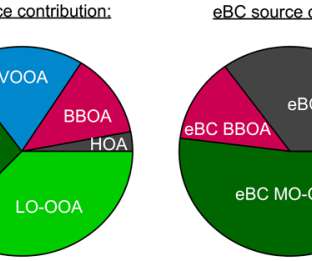
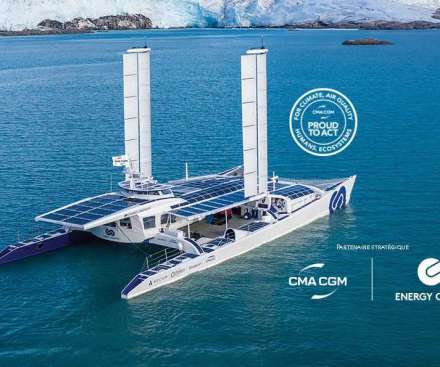


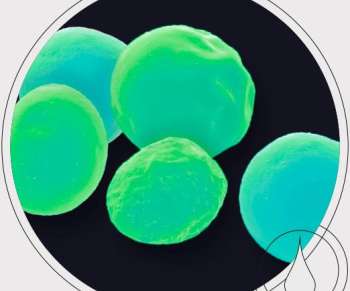






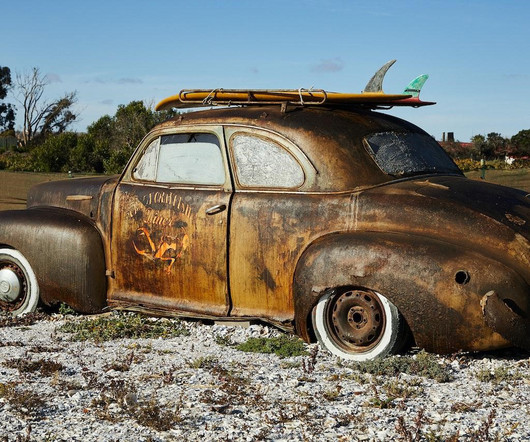


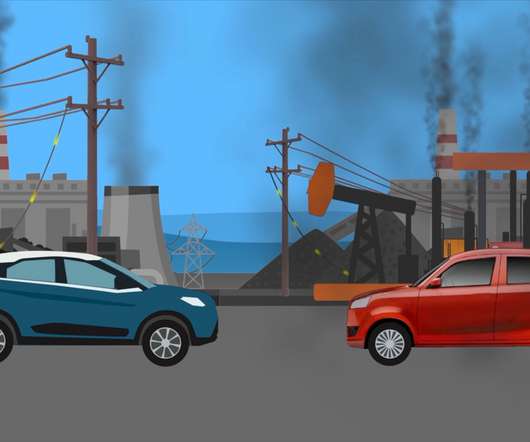






Let's personalize your content